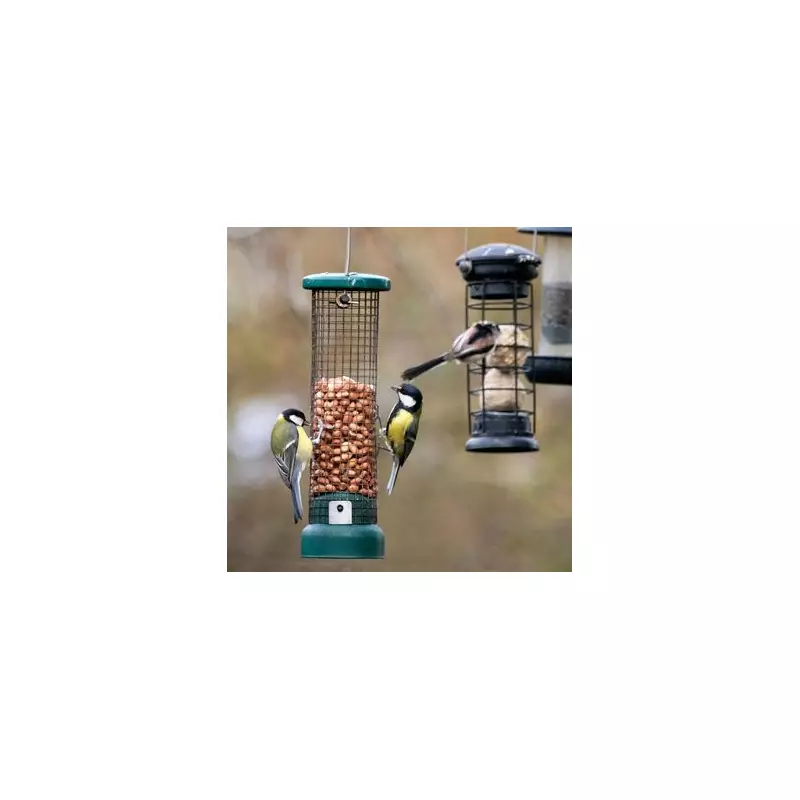
As the seasons change and temperatures drop, British gardens become increasingly vulnerable to unwelcome visitors seeking food and shelter. Rat infestations are on the rise across the UK, turning beautiful outdoor spaces into rodent playgrounds.
Why Your Garden is a Rat Magnet
Rats are opportunistic creatures drawn to gardens that provide easy access to food, water, and cosy nesting spots. From overflowing compost bins to bird feeders and unsecured waste, our gardening habits often unintentionally create perfect conditions for these pests to thrive.
7 Effective Strategies to Protect Your Garden
1. Secure Your Compost System
While composting is environmentally friendly, an open compost heap is essentially a rat buffet. Ensure your compost bin has a secure lid and avoid adding cooked food scraps, meat, or dairy products that particularly attract rodents.
2. Rethink Bird Feeding Practices
Bird feeders can unintentionally feed more than just your feathered friends. Use rat-proof feeders with catch trays, clean up spilled seed regularly, and consider bringing feeders in at night when rats are most active.
3. Eliminate Water Sources
Rats need daily access to water, so eliminate standing water in plant pot saucers, blocked gutters, and water features that aren't regularly maintained. Fix leaky outdoor taps that create convenient drinking stations.
4. Maintain Garden Hygiene
Keep your garden tidy by regularly clearing fallen fruit, trimming overgrown vegetation, and storing firewood and garden materials neatly raised off the ground. Dense shrubbery provides perfect hiding spots for rats to nest undetected.
5. Protect Your Shed and Outbuildings
Check for and seal any gaps larger than a pencil width around sheds, greenhouses, and garages. Rats can squeeze through surprisingly small openings, so pay close attention to areas where pipes and cables enter buildings.
6. Use Natural Deterrents
Certain plants like mint, daffodils, and lavender are known to repel rodents. Planting these around vulnerable areas can provide an additional layer of protection while adding beauty to your garden.
7. Install Physical Barriers
Consider burying wire mesh around compost areas and raised beds to prevent burrowing. Ensure bin bags are stored in secure containers until collection day.
When to Call Professional Help
If you suspect a significant infestation or notice multiple rats during daylight hours, it's time to contact professional pest control. They can assess the situation and implement appropriate measures to safely resolve the problem.
By implementing these straightforward strategies, you can reclaim your garden and enjoy your outdoor space without unwelcome rodent visitors. Prevention is always more effective than dealing with an established infestation, so take action today to protect your garden tomorrow.





